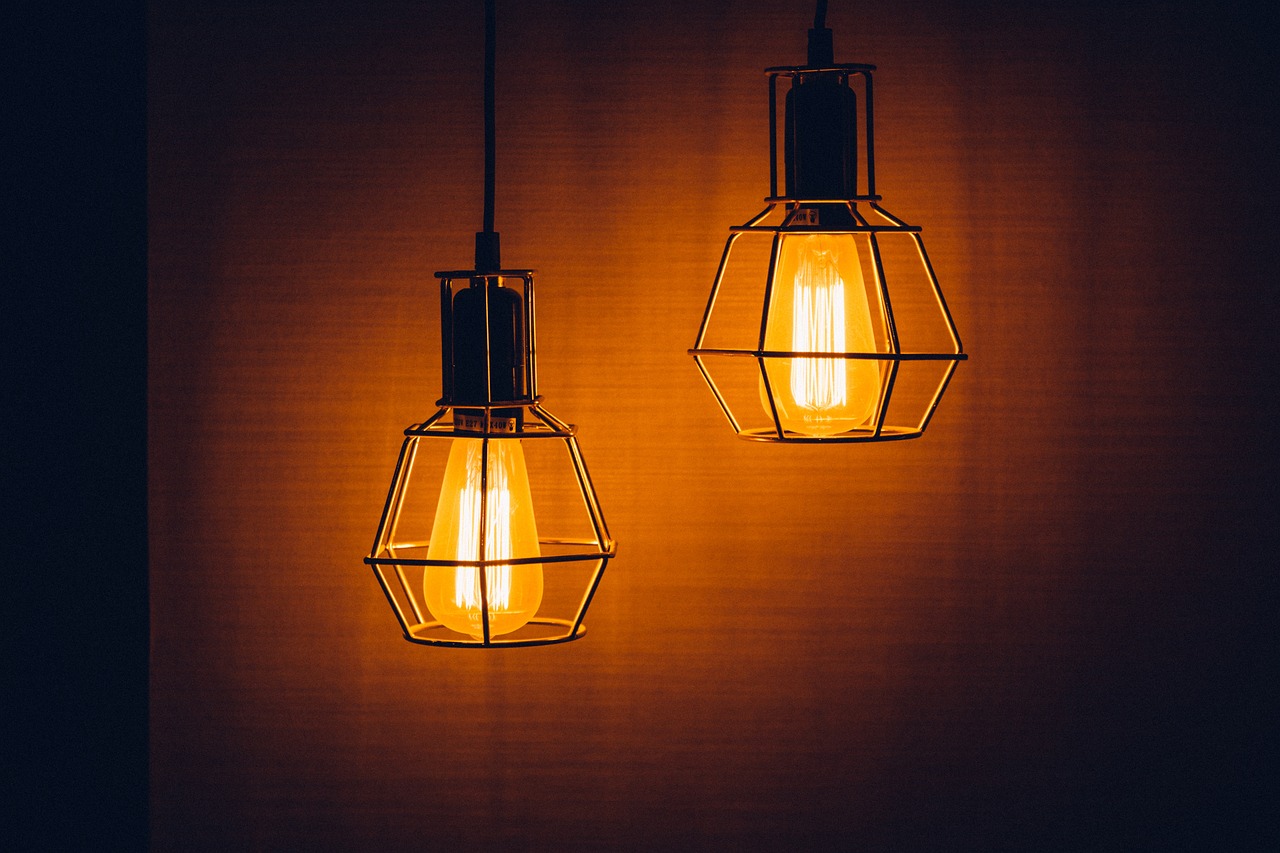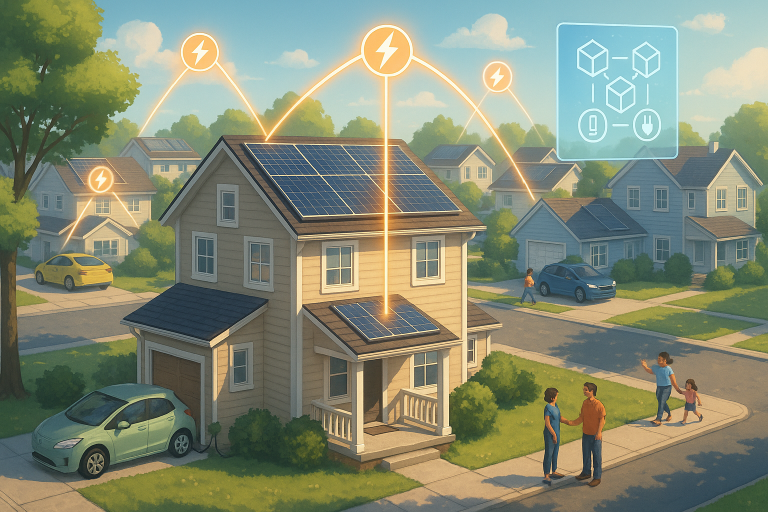Should You Pay Your Electric Bill with a Credit Card? Pros, Cons, and Best Practices
Paying monthly bills is an unavoidable part of life, whether you own a home or rent. Expenses such as rent, mortgage, and utility bills can quickly add up, making it important to explore convenient and strategic payment methods. One question that frequently comes up is: Can I pay my electric bill with a credit card?
In this guide, we’ll explore the different ways to pay your electric bill, the advantages and disadvantages of using a credit card, and key factors to consider before deciding if this payment method is right for you.
Ways to Pay Your Electric Bill
Before diving into credit card payments, let’s look at the common methods electric companies offer for paying your bill:
- Automatic Bank Drafts: A set-it-and-forget-it method that ensures your bill is paid on time each month.
- Online Bill Pay: Most utility providers allow customers to pay directly through their websites using a bank account or credit card.
- In-Person Payments: Some companies accept cash or check payments at physical locations.
- Third-Party Payment Services: Some platforms facilitate credit card payments if your electric company does not accept them directly. However, they may charge processing fees.
Each method has its benefits and drawbacks, so it’s essential to choose the one that best fits your financial situation.
Benefits of Paying Your Electric Bill with a Credit Card
Using a credit card to pay your electric bill has become increasingly popular, and for good reason. Here are the key advantages:
1. Earn Rewards and Cashback
Many credit cards offer cashback, points, or travel miles for every dollar spent. Some even categorize utility payments as eligible for higher reward rates, allowing you to maximize benefits on a bill you have to pay anyway.
2. Build or Improve Your Credit Score
If used responsibly, a credit card can help strengthen your credit profile by:
- Establishing a positive payment history through consistent, on-time payments.
- Diversifying your credit mix, which is a factor in determining your credit score.
3. Enhanced Security and Fraud Protection
Credit card transactions provide additional layers of security that direct bank withdrawals or debit payments do not:
- Dispute resolution: If you’re overcharged or there’s an error on your bill, you can dispute the charge with your card issuer.
- Fraud protection: Many credit card companies offer zero liability policies for unauthorized transactions.
Potential Drawbacks of Paying with a Credit Card
While credit card payments come with advantages, there are also important risks to consider:
1. Processing Fees
Some electric companies charge a convenience fee for credit card payments. This fee varies but can add up over time, potentially canceling out the value of any rewards earned.
2. Interest Charges on Unpaid Balances
If you do not pay off your credit card balance in full, you’ll incur interest on the outstanding amount, which can quickly outweigh any cashback or points you earn. This is especially concerning if your card has a high APR.
3. Credit Utilization Impact
Your credit utilization ratio (the percentage of available credit you’re using) affects your credit score. High utilization can negatively impact your score, making it important to monitor spending when charging recurring expenses like utility bills.
Which Electric Companies Accept Credit Card Payments?
Not all utility companies accept credit card payments directly, but many do. Some well-known providers that allow credit card payments include:
- Duke Energy
- PG&E (Pacific Gas & Electric)
- Con Edison
- Ameren
If your electric provider does not accept credit cards, you may still be able to pay through a third-party payment service—but keep an eye on extra fees.
Should You Pay Your Electric Bill with a Credit Card?
The decision to use a credit card for your electric bill depends on your financial habits and goals. Here’s when it might make sense:
✅ You always pay your credit card balance in full. Avoiding interest charges ensures you reap the benefits without added costs.
✅ Your card offers rewards for utility payments. If your card earns cashback or points on utility bills, you can maximize your spending efficiency.
✅ You want extra security and fraud protection. Credit cards provide safeguards against billing errors and fraud.
However, it may not be a good idea if:
❌ Your electric company charges high fees. If processing fees outweigh rewards, it’s not worth it.
❌ You carry a credit card balance. Paying interest on unpaid balances will quickly negate any benefits.
❌ You have a high credit utilization ratio. Using too much of your available credit can lower your credit score.
Best Practices for Paying Electric Bills with a Credit Card
If you decide to use your credit card for your electric bill, follow these best practices:
- Pay your balance in full each month to avoid interest charges.
- Check for fees before using your credit card to pay.
- Set up automatic payments to ensure you never miss a due date.
- Monitor your credit utilization to prevent any negative impact on your credit score.
- Use a rewards credit card that offers cashback or points for utility payments.
Conclusion
Paying your electric bill with a credit card can be a smart financial move if done responsibly. It offers benefits such as earning rewards, building credit, and providing extra security. However, it’s important to be aware of potential fees, interest charges, and credit utilization risks.
By weighing the pros and cons and following best practices, you can determine whether this payment method is the right fit for your financial situation.




